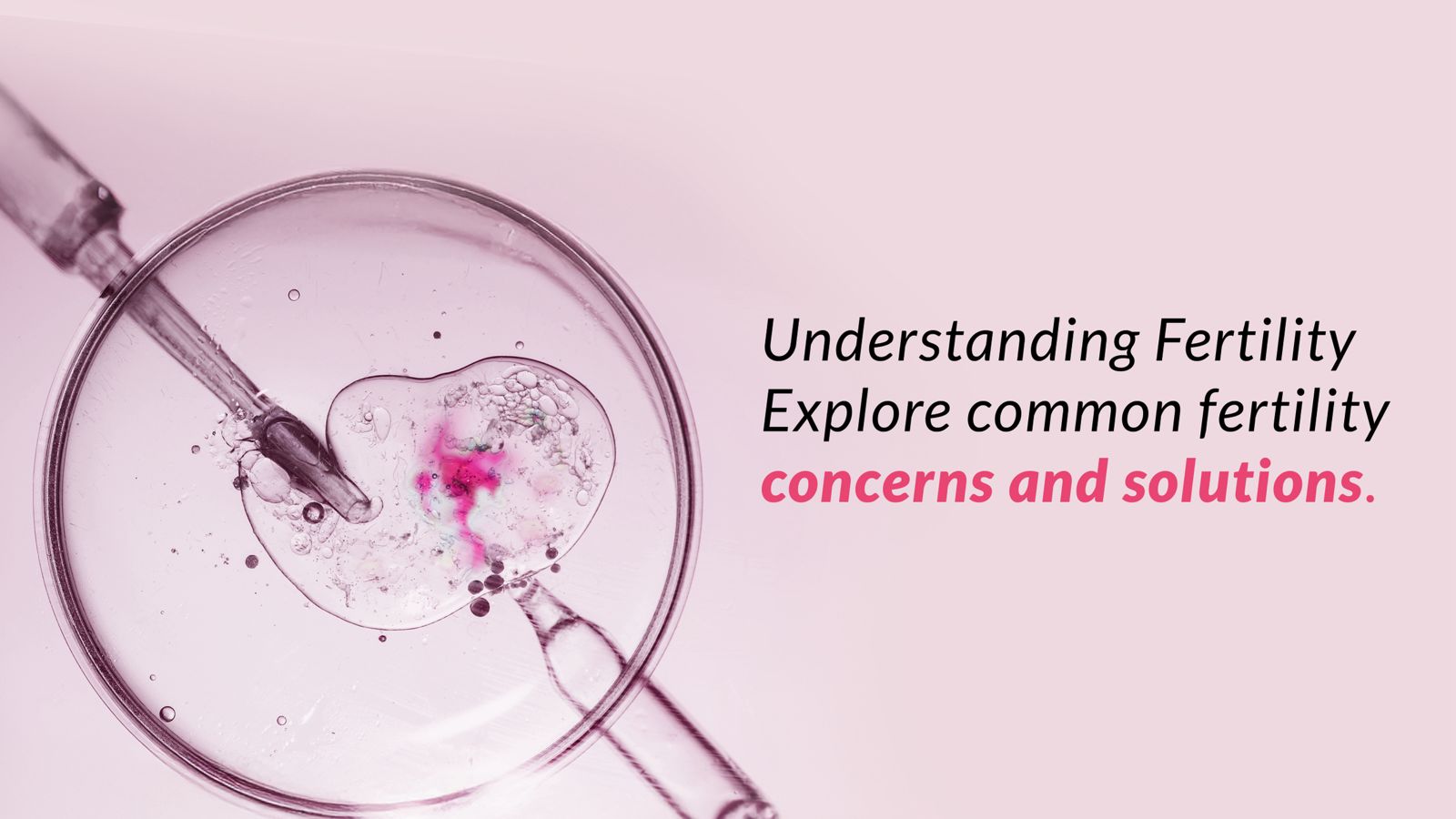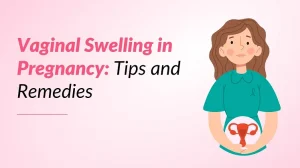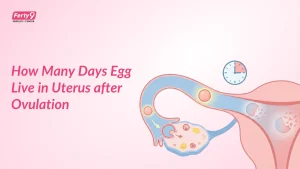What is there t know about conception and fertility? Definitely, there is a lot to know. There is much to learn. Here are about eight rather interesting fertility facts that a couple needs to know.
Overall good health does not indicate that a person is fertile
You may exercise regularly and also eat a nutritious diet, and have enviable cholesterol and blood pressure levels. Despite such good health, it does not mean that one is fertile. In fact, nearly one in 10 healthy couples of reproductive age will also experience fertility problems. The causes do vary no doubt and are also equally attributed to about one-third of the cases to the females, one-third of the cases to the male, and one-third to about unidentifiable reasons or to even both partners. Age is a major factor in infertility issues.
For women who are healthy, fertility does peak in their mid-20s and begins declining at the age of 27, then nosedives around age 37. One has to apply much caution if one was older and also trying to conceive. One has to figure out when one was ovulating and having sex at those particular optimal times. A woman who is 35 or older needs to consult a fertility specialist if they fail to get pregnant after six months of unprotected intercourse. Women ages 37 to 40 should wait no longer than three months.
Fact 2
One’s weight affects your ability to conceive.
A malnourished or over-exercised body does affect menstruation as 22 percent body fat is required for normal ovulation and reproductive competence. Also being overweight can affect the hormone chemistry and does help prevent ovulation. The good news is that shedding or even gaining pounds can also easily improve weight-related infertility. Weight not only potentially impacts fertility but pregnancy as well. Women who are overweight and who become pregnant are at much risk for pregnancy-related high blood pressure as well as diabetes. On the other hand, underweight women are more likely to deliver a low-weight baby. Those who are of reasonable weight have fewer problems conceiving.
Fact 3
Sexual positions, coital or post-coital, do affect one’s chances of conception.
No studies have confirmed the fact that any one position is more effective than any other in achieving pregnancy. In fact, the sperm can also be found in the cervical canal merely seconds after ejaculation, regardless of the position. Of course, aiming for the deepest penetration and also maximum cervical contact does make it easier, but the optimal position does, of course, vary from body to body woman.
There may be less advantage in lying around after intercourse to keep the sperm inside you.
Fact 4
The biological clock ticks for men too
The age of a man also matters as far as fertility is concerned and not just of a woman. Men above 35 have taken time to conceive.
Fact 5
Ovulation day is not necessarily the ideal day for conceiving
Sperm can also live in the female reproductive tract for up to three days after intercourse, so having sex every day, or even on ovulation day, is not required. A woman is fertile for a period of six days, the five days leading up to ovulation when the egg is released from one’s ovary and the day of ovulation. It is understood that the capacity of a woman to conceive appears to end on ovulation day.
Fact 6
Choice of underwear does not impact fertility
Tight fits hold the testicles close to the body, raising the scrotal temperature and causing a decrease in the sperm count or concentration as it was believed earlier. But this has been negated and the choice of underwear does not affect it.
Fact 7
Birth control choices do have a fertility impact
The method of contraception adopted by a woman does affect conception. Different forms of contraceptive methods do matter while trying to conceive.
Fact 8
Specific foods or diets impact fertility
A diet that is high in nutrients as well as fiber and cutting down on highly processed foods do help in conception. Plenty of folic acids prevents birth defects and also improves sperm count. It is a myth to think caffeine affects conception and that one must avoid coffee. There is a significant link between moderate amounts of caffeine and fertility.
Research does indicate that zinc may improve also sperm but one must maintain balance in one’s diet.
you may like: What diet to take during IVF?
for More Fertility related queries mail us or contact at +91 9246 237 815, +91 7416 106 106





























